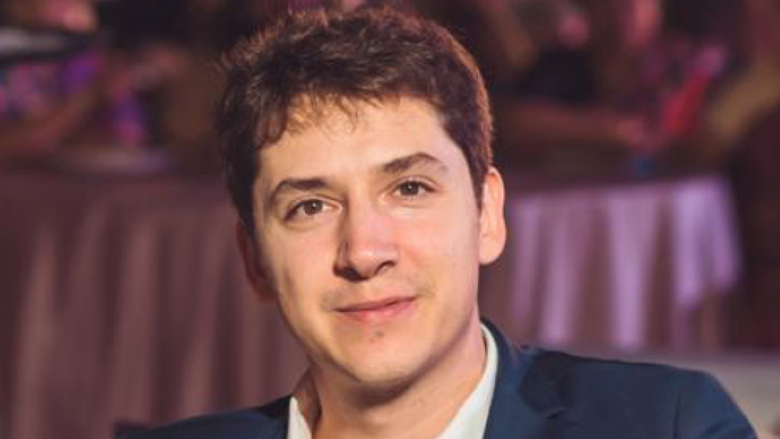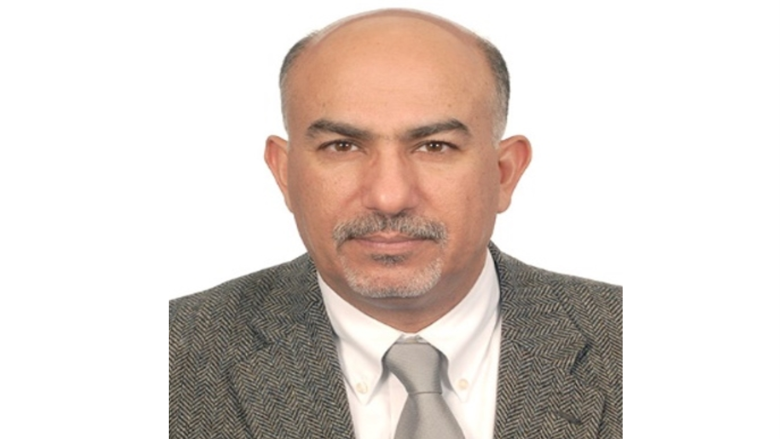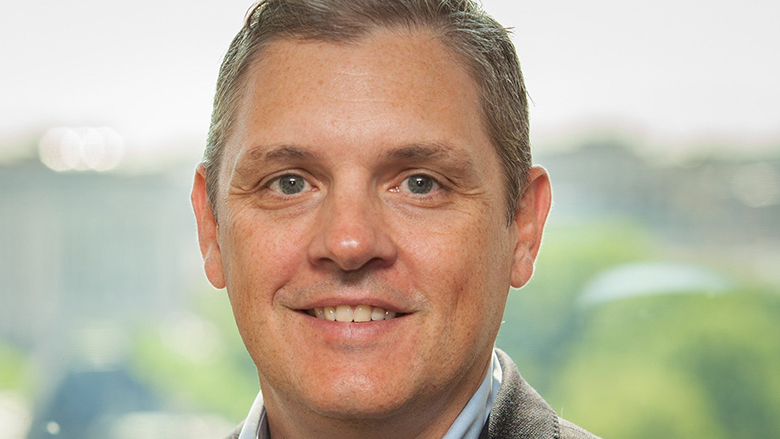Event Materials
- OVERVIEW
- SPEAKERS
- POLICY RESEARCH TALKS
- RELATED
Government procurement is big business, typically accounting for 10 to 20 percent of annual GDP depending on the country and year. Given this scale and the high level of discretion involved, it is hardly surprising that policy makers often view procurement systems as a powerful industrial policy tool to achieve macroeconomic policy objectives.
Many procurement policies focus on directing government purchases toward specific sectors or firms, promoting initiatives such as “buy small,” “buy local,” or “buy green.” However, tools to evaluate whether these policies are achieving their intended goals remain limited. In this Policy Research Talk, Manuel García-Santana will share new insights from economic research to address these pressing questions, including:
- Are these policies effective in achieving their intended objectives?
- Do they generate negative unintended consequences?
- Are the macroeconomic effects of these policies sizeable?
- Do these outcomes depend on the country's stage of development?
The answers to these questions will equip policy makers with a more nuanced understanding of the trade-offs involved in the design of procurement policies along with their macroeconomic consequences.
Resources:
- Governments' Home Bias and Efficiency Losses: Evidence from National and Subnational Governments
Manuel García-Santana, Marta Santamaría, January 2025.
- Buy Big or Buy Small? Procurement Policies, Firms’ Financing, and the Macroeconomy
Julian di Giovanni, Manuel García-Santana, Priit Jeenas, Enrique Moral-Benito, Josep Pijoan-Mas, January 2024.
Date: January 28, 2025
Time: 12:30 - 2:00PM ET
Location: MC Building (MC 2-800)
Contact: Michelle Chester
The monthly Policy Research Talks showcase the latest findings of the World Bank’s research department, challenge and contribute to the institution’s intellectual climate, and re-examine conventional wisdom in current development theories and practice. These talks facilitate a dialogue between researchers and operational staff and inform World Bank operations both globally and within partner countries. Read More »



